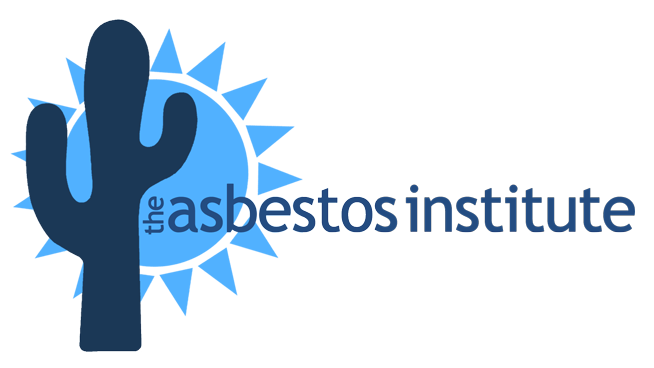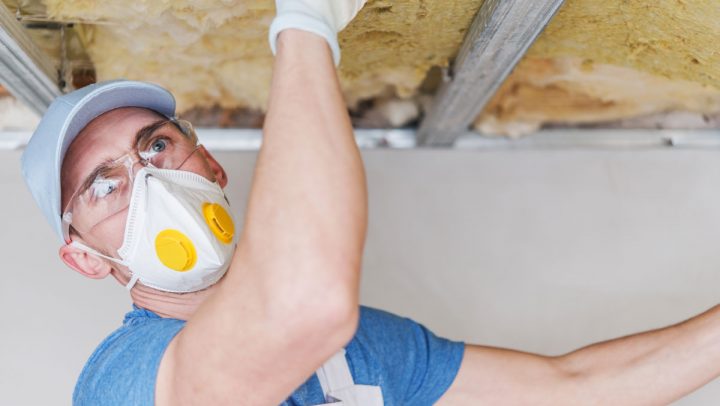Read on to learn more about Asbestos Testing Costs in 2024
Average Costs:
- Range: $200 to $1,000+
- Typical residential inspection: $225 to $600
- Airborne asbestos testing: $500 to $1,000+
Factors Affecting Cost:
- Type of test: Simple air clearance tests are typically cheaper than bulk sample analysis or comprehensive inspections.
- Number of samples: More samples naturally mean higher costs.
- Size of the area: Larger areas require more samples and potentially more labor, increasing the price.
- Location: Costs tend to be higher in urban areas compared to rural areas.
- Laboratory fees: Different labs might have varying charges for analysis.
Cost Breakdown by Type:
- Air clearance testing: Confirms the absence of airborne asbestos fibers, typically required after removal or encapsulation.
- Bulk sample analysis: Identifies the presence and type of asbestos in suspected materials.
- Comprehensive inspections: Combines visual assessment, air sampling, and bulk sample analysis for a thorough evaluation.
Additional Costs:
- Travel expenses: If the testing facility is not near you, you might incur travel costs.
- Report writing and analysis: The cost of interpreting results and preparing a report might be included or charged separately.
Lab Testing Cost
- Per sample: The typical range falls between $50 and $150 per sample.
- Total project cost: This depends on the number of samples needed. For a typical inspection involving 2-3 samples, expect to pay around $100 to $450.
Factors Affecting Cost:
- Type of analysis: Basic identification of asbestos types is cheaper than more complex analyses like quantitative fiber counting.
- Number of samples: More samples naturally lead to higher lab fees.
- Rush turnaround time: If you need results urgently, labs might charge additional fees for expedited processing.
- Location of the lab: Costs can vary slightly depending on the lab’s location and overhead expenses.
Cost Breakdown by Test:
- Qualitative analysis: Identifies the presence of asbestos but not the quantity. This is the most common and affordable test.
- Quantitative analysis: Determines the concentration of asbestos fibers in the sample. This is typically required for compliance purposes or detailed risk assessment.
- Electron microscopy (EM): Used for identifying specific types of asbestos or analyzing very small samples. This is the most expensive option.
Additional Costs:
- Sample collection fees: If you don’t collect the samples yourself, the testing company might charge additional fees for sample collection.
- Shipping costs: If you need to send samples to the lab, shipping expenses can add to the total cost.
Report Costs
Average Costs:
- Range: $150 to $500+
- Typical residential inspection report: $200 to $350
Factors Affecting Cost:
- Complexity of the inspection: Comprehensive inspections involving multiple samples and detailed analysis naturally cost more than simple air clearance tests.
- Number of pages: Longer reports with extensive data and recommendations will be more expensive.
- Turnaround time: If you need the report urgently, some companies might charge extra for expedited delivery.
- Location: Costs tend to be higher in urban areas compared to rural areas.
- Company policies and experience: Established companies with extensive experience might charge slightly more than smaller firms.
Types of Asbestos Reports:
- Air clearance report: Confirms the absence of airborne asbestos fibers, typically required after removal or encapsulation.
- Inspection report: Summarizes the findings of a visual assessment and potentially air sampling or bulk sample analysis.
- Comprehensive report: Provides detailed information about the extent, type, and condition of asbestos-containing materials, along with risk assessment and recommendations for management or removal.
Additional Costs:
- Photos and diagrams: Some companies might charge extra for including photos or diagrams in the report.
- Travel expenses: If the inspector needs to travel a significant distance, you might incur travel costs.
Air Testing Costs
Average Costs:
- Range: $200 to $800+
- Typical residential test: $500 to $700
Factors Affecting Cost:
- Type of test: Simple clearance tests are cheaper than complex quantitative analyses.
- Number of samples: More samples naturally mean higher costs.
- Project size and complexity: Larger areas or specific needs like multiple testing locations can increase the price.
- Location: Costs tend to be higher in urban areas compared to rural areas.
- Laboratory fees: Different labs might have varying charges for analysis.
- Turnaround time: Expedited processing costs more.
Types of Asbestos Air Testing:
- Air clearance testing: Confirms the absence of airborne asbestos fibers, typically after removal or encapsulation.
- Quantitative analysis: Determines the concentration of asbestos fibers per cubic centimeter of air.
- Phase contrast microscopy (PCM): Identifies and counts asbestos fibers under a microscope.
- Transmission electron microscopy (TEM): Provides detailed information about fiber size and type, used for specific situations.
Additional Costs:
- Travel expenses: If the testing company is not near you, you might incur travel costs.
- Sample collection fees: If you don’t collect the samples yourself, the company might charge extra.
- Report writing and analysis: Interpreting results and preparing a report might be included or charged separately.
Type 2 Asbestos Surveys
Type 2 asbestos surveys, also known as management asbestos surveys, were the standard survey type in the UK before the introduction of asbestos management plans (AMPs) in 2004. While they’re no longer mandatory, they still hold value in certain situations and continue to be referred to in regulations. Here’s a breakdown of what they entail:
Purpose:
- Identify the presence and location of asbestos-containing materials (ACMs) within a building.
- Assess the condition of ACMs and their potential for releasing fibers.
- Provide information for developing an asbestos management plan (AMP) if required.
Scope:
- Typically non-intrusive, meaning they involve visual inspection and sampling of readily accessible ACMs.
- May involve some destructive sampling in limited cases to access concealed materials.
- Do not require removal of any ACMs.
Content:
- A detailed report including:
- Location and description of identified ACMs.
- Condition of the ACMs (damaged, deteriorating, etc.).
- Likelihood of fiber release based on condition and disturbance potential.
- Recommendations for managing and monitoring the ACMs.
- Further investigation needs, if any.
Benefits:
- Provides valuable information for managing asbestos risks in buildings.
- Can help prioritize areas for potential removal or encapsulation.
- Forms the basis for developing an AMP if required.
- Can be more cost-effective than a refurbishment/demolition survey in some cases.
Limitations:
- May not identify all ACMs, especially those concealed or behind fixtures.
- Does not provide detailed information about the amount of asbestos present.
- Not suitable for buildings undergoing major refurbishment or demolition.
Current Relevance:
- While AMPs are now mandatory for most non-domestic buildings in the UK, Type 2 surveys can still be useful for:
- Buildings not requiring an AMP (e.g., some domestic properties).
- Initial assessment before deciding whether an AMP is needed.
- Updating existing AMPs based on changes in the building or ACMs.
Asbestos Assessment Costs during a Home Inspection
Average Costs:
- Independent assessment: $200 to $800
- Combined with home inspection: $330 (average home inspection cost) + additional fee (typically less than the independent assessment range)
Factors Affecting Cost:
- Size and complexity of the house: Larger houses with more areas to inspect naturally cost more.
- Presence of suspected asbestos-containing materials (ACMs): If the inspector needs to take samples for testing, the cost will increase.
- Location: Costs tend to be higher in urban areas compared to rural areas.
- Inspector’s qualifications and experience: More experienced or certified inspectors might charge slightly more.
Independent Assessment vs. Combined with Home Inspection:
- Independent assessment: Offers a more focused evaluation of asbestos risks, ideal if you have specific concerns or the home inspection doesn’t include asbestos assessment.
- Combined with home inspection: More cost-effective if you’re already getting a home inspection, but might not be as detailed as a dedicated assessment.
Additional Costs:
- Sample collection and analysis fees: If samples are needed, the lab fees will add to the total cost.
- Travel expenses: If the inspector needs to travel a significant distance, you might incur travel costs.
Asbestos, OSHA & AHERA Training Via Classroom & Online
The Asbestos Institute has provided EPA and Cal/OSHA-accredited safety training since 1988. From OSHA 10 to hazmat training and asbestos certification, our trusted and experienced instructors make sure participants get the high-quality initial and refresher training they need.
Classroom
We train on-site at our headquarters in Phoenix, AZ or at our clients’ sites across the U.S. We offer both English and Spanish courses. Browse Classroom Classes
Online
Online courses allow you to align your learning with your personal schedule. This is a great option for students with family and work commitments. Browse Online Classes
Webinar
Live webinars allow you to watch instructors on demand from the comfort of your home or office. Learn, chat with other students, and ask questions in real-time. Browse Live Webinars
Disclaimer
The Asbestos Institute is not the official authority to determine OSHA training requirements, which are set forth in the Occupational Safety and Health Act of 1970. OSHA regulations are always being revised, added, and/or deleted, so you must not rely on The Asbestos Institute as the official authority of OSHA asbestos training requirements. Visit the official OSHA Asbestos Training Requirements page here.


